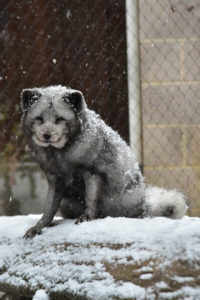
The Maryland Zoo in Baltimore is sad to announce the loss of Arctic fox Timber. Timber was 5 years old, and passed away suddenly on Tuesday, August 4.
“We were all shocked and saddened by this loss,” said Erin Cantwell, mammal collection and conservation manager. “While he wasn’t one of our larger animals, he had a huge effect on our staff and guests. He was a great ambassador for the dynamic changes of the Arctic demonstrating seasonal coat changes to match the surroundings – pure white in winter and dark in the summer. His energy and enthusiasm will be greatly missed.”
On Tuesday, Timber’s animal care team found him unresponsive in the late morning and the Zoo’s veterinary team responded immediately. “We found Timber struggling to breathe,” stated Dr. John Flanders, associate veterinarian. “Timber was not currently under any medical treatment, and was completely normal earlier in the morning. Despite our best efforts, we were unable to stabilize his condition, and he passed away at our hospital. We hope to find out what caused his sudden decline by doing a full post-mortem evaluation.”
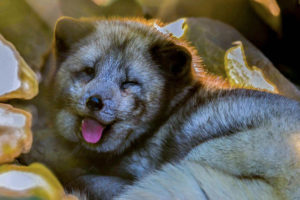
Timber came to the Zoo in 2016, and has been a key species in the Zoo’s Polar Bear Watch area.
The Arctic fox (Vulpes lagopus) is found throughout the entire Arctic tundra including Alaska, Canada, Greenland, Russia, Norway, Scandinavia, and even Iceland, where it is the only native land mammal. They are also the only land mammal to venture as far north as the polar bear. They are active and opportunistic predators during the warmer months when they are camouflaged by their short, brownish-gray summer coats. When the cold sets in again, Arctic foxes transform into completely different looking animals. The brownish summer coats give way to the bright white winter coats that help them stay warm during the long, dark, freezing Arctic winter. The Arctic fox winter coat is the most dense and warmest of any land mammal.
The Maryland Zoo has featured this popular species in various habitats since 1975, moving them to Polar Bear Watch in 2004.

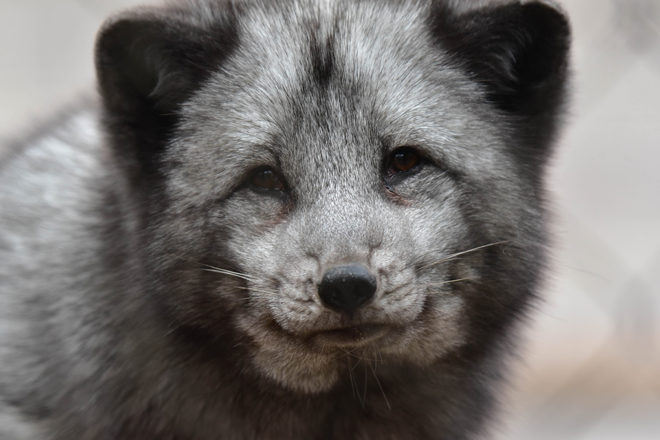
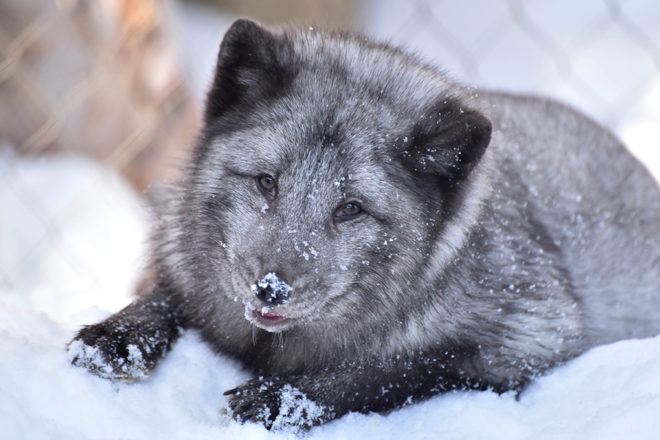
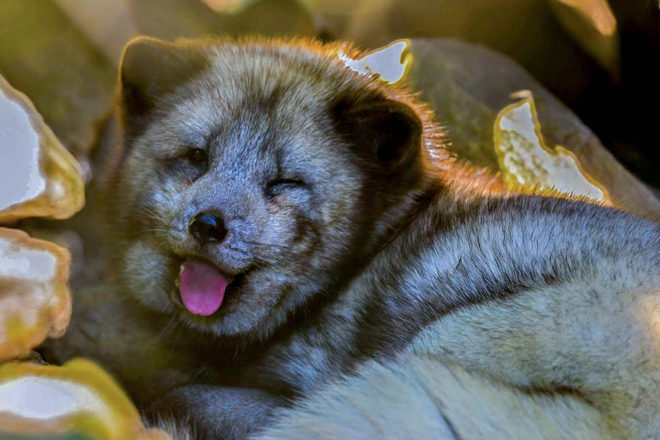
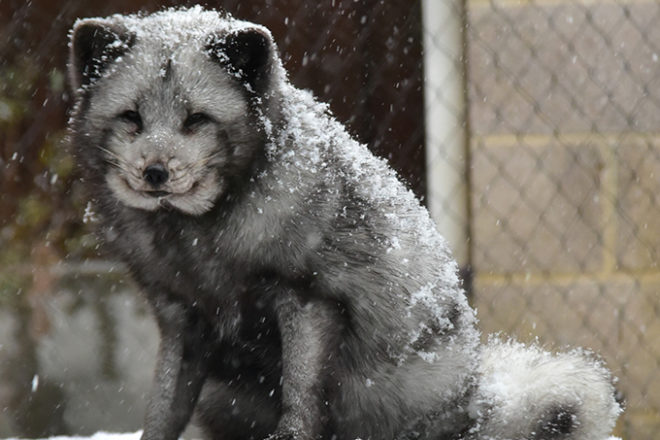
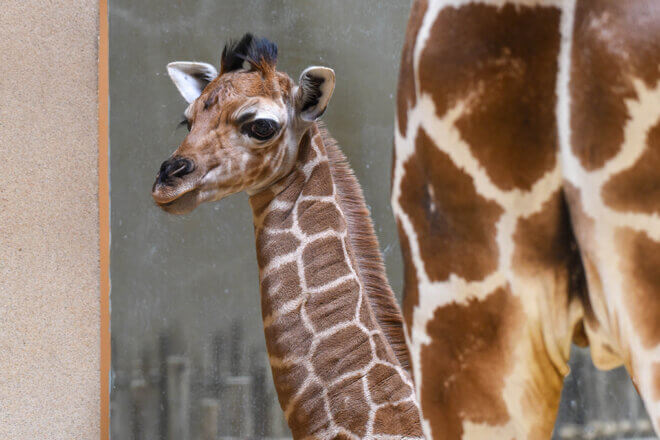
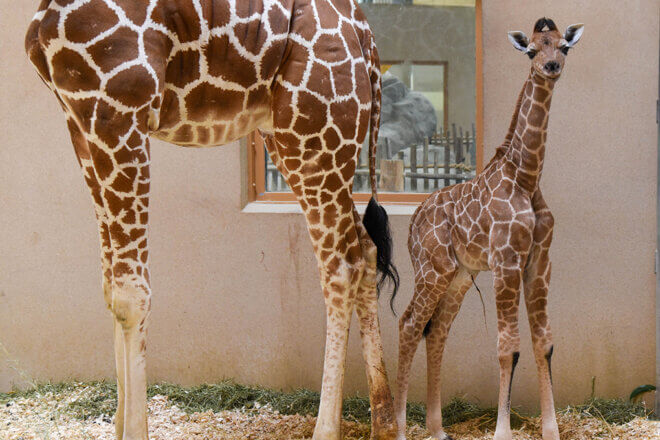

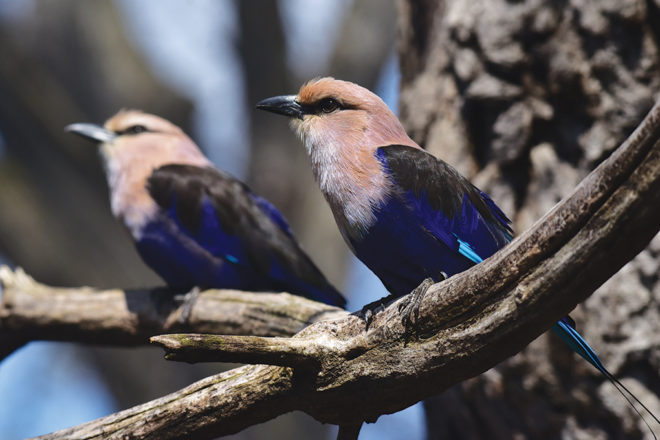
Share this article